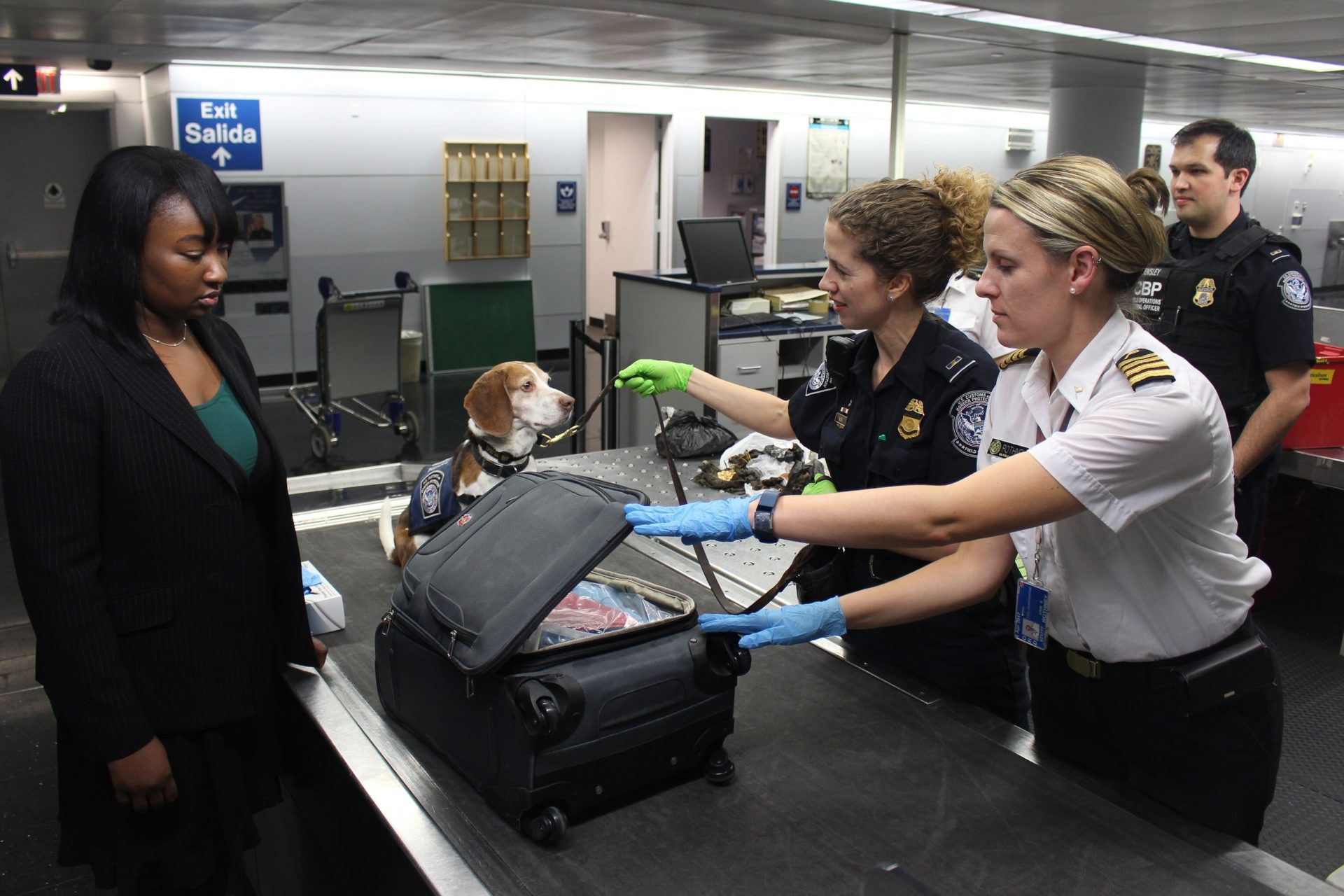
The recently announced bipartisan gun safety bill is a welcome step in the right direction. Yet it could use the playbook on airport security to make it even more effective.
Anyone who has flown over the past two decades has been subject to a variety of airport security screening procedures used by the Transportation Security Administration (TSA). Despite what people think about the TSA and airport security in general, the one strategy that the TSA uses that makes airport security function effectively come through a comprehensive system of layering and risk assessment.
The objective of using multiple layers of screening procedures and tactics – such as identification verification, metal detectors, and imaging technology – is that any one layer may fail with a specific passenger. However, when used collectively, multiple layers provide a sturdy security fortress that has been successful to prevent or deter any terrorist acts against the air system since September 11th.
Can the same principles of layering be applied to enhance gun safety and reduce gun violence in the nation? I believe it can.
However, what makes applying this process to gun control so challenging is determining what layers should be included. Once again, lessons learned from airport security and the TSA are informative.
Many of the 20 layers that the TSA uses are not obvious to travelers, like federal air marshals on flights. Yet just because a layer is not visible to the public does not mean that it is not working to protect flyers and ensure the security of the air system.
The most successful layer that the TSA uses has been available since the Fall of 2011 is its passenger prescreening system: PreCheck.
Those with PreCheck get expedited screening at airports. This means physical screening with magnetometers rather than advanced imaging millimeter machines, there’s no need to remove items from your carry-on bag and you get to leave your shoes on. The TSA throws in a bit of uncertainty for would-be bad actors to ponder, so occasionally a PreCheck passenger gets the fully enhanced screening protocol – much to their chagrin.
Getting PreCheck privileges comes with a price. This price is not just the enrollment fee but submitting to a background check to assess one’s risk profile. If you pass the background check and gain PreCheck status, flying becomes more tolerable. It also makes the entire air system safer, since TSA officers can pay more attention to the travelers who are not PreCheck vetted.
In other words, PreCheck status makes you a known traveler. That is what shifts the landscape of air security in favor of the TSA, representing a critically important layer of security.
A similar system may also be the pathway to enhancing gun safety.
By creating layers of safeguards, a person’s risk profile can be assessed. Background checks like those conducted to gain PreCheck status would transform a person into a known gun owner and the accompanying lower risk of misusing firearms. The details of the background check would be framed around firearms, not air travel, though there would likely be some overlap.
In addition to this type of background check, other layers could include age limits, the purpose of owning a firearm, “red flag” laws, gun safety education, and the amount of ammunition requested, some of which are included in the proposed legislation.
We must acknowledge the real situation faced by our nation – the high homicide and suicide numbers, the mass shootings, and the many other tragic stories where guns are involved. Everyone can agree that gun violence benefits no one and reducing gun violence is a common objective that everyone can rally around. Disagreements arise when we begin to discuss how to address guns and public safety.
The proposed legislation by the bipartisan group of senators is a step in the right direction. It’s required many compromises to get this far. Yet every legislator who will vote on the final bill passes through airport security every week and is PreCheck qualified. If these privileges keep them personally safe and the air system more secure, perhaps they can see how a similar strategy can protect all Americans.

Sheldon H. Jacobson
Sheldon H. Jacobson, Ph.D., is a professor in Computer Science and the Carle Illinois College of Medicine at the University of Illinois Urbana-Champaign. A data scientist, he applies his expertise in data-driven risk-based decision-making to evaluate and inform public policy. His research provided the technical foundations that led to the development of TSA PreCheck.






